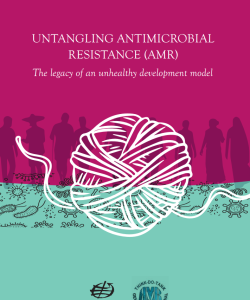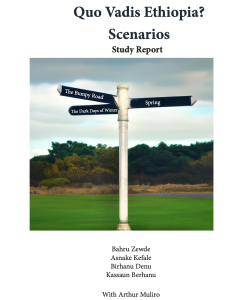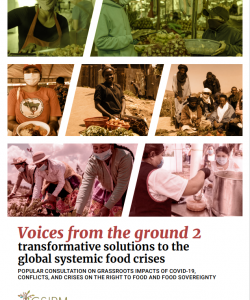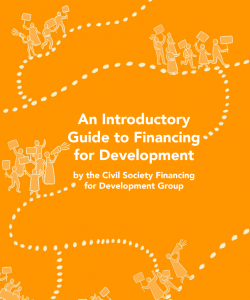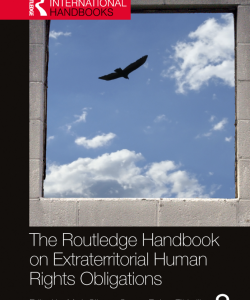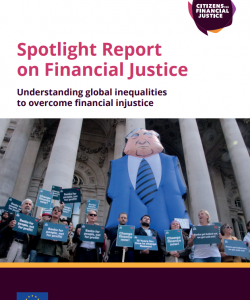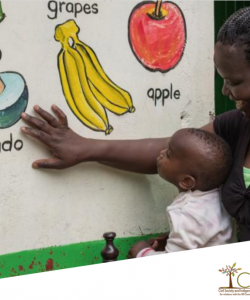Resources and Publications
The future of food and the future of life on earth, as well as the solutions to the ecological collapse cannot be found in the logic and hands of those who caused it in the first place. Solutions are in the hands of women, agroecological farmers, social movements and networks that are resisting the disruption of nature and society.
Antimicrobial resistance (AMR) possibly represents the greatest global crisis in public health today, and yet - as we shall try to illustrate - the phenomenon stretches well beyond the health domain.
"Quo Vadis Ethiopia?" is a scenario-based report developed by the Forum for Social Studies (FSS) and the Society for International Development (SID), exploring three possible futures for Ethiopia, offering a deep, research-based reflection on how current transitions may unfold over the next decade.
This report tells the stories of those most affected by this crisis. They provide rich evidence of the actions taken by women, young people, Indigenous Peoples, peasants, pastoralists, fisherfolks, landless, to provide practical and strategic responses to the food crisis.
This document was developed based on collective work by the Civil Society FfD (Financing for Development) Group. It is an introductory briefing of the FfD process and of the Civil Society FfD Group’s role in it being built as an attempt to make navigating the FfD process and its interrelated domains more accessible for a non-technical audience.
More than ever, digitalization is all around us. For years, carried away by the fascination with digital gadgets and technologies, we have been allured to blindly enter a world of sophisticated machines without taking into consideration where this journey would take us and how it would revolutionize our existence – to the extent of taking over our human ability to control life.
Rising inequalities between the global North and South, the economically privileged and the marginalized, between different genders and racial identities, have been historically reproduced and intensified across generations, and are defining features of our times.
The present document was written through an autonomous, self-organized, and participatory process by the working Group on Food Systems and Nutrition of the Civil Society and Indigenous Peoples’ Mechanism (CSM) for relations with the UN Committee on World Food Security (CFS).


